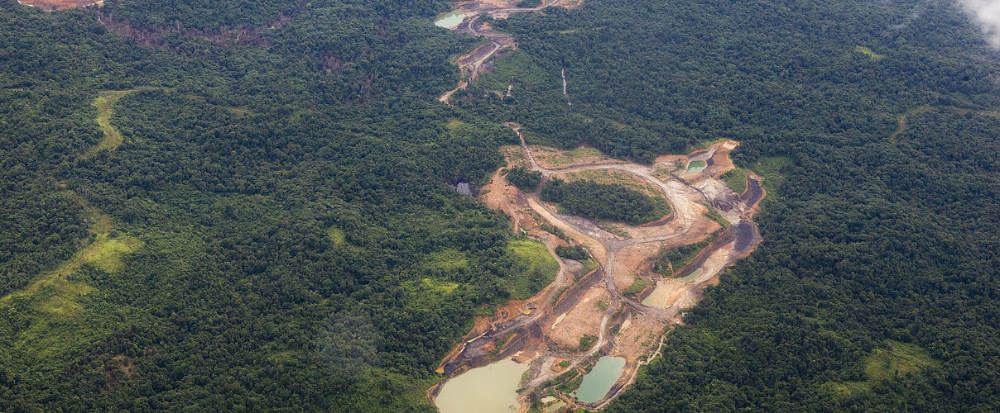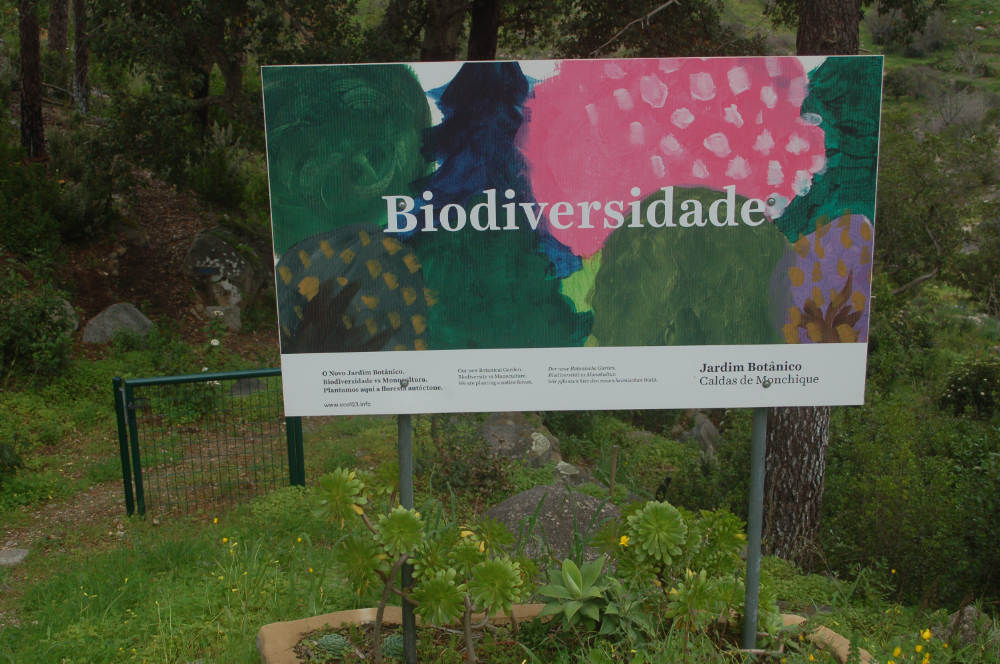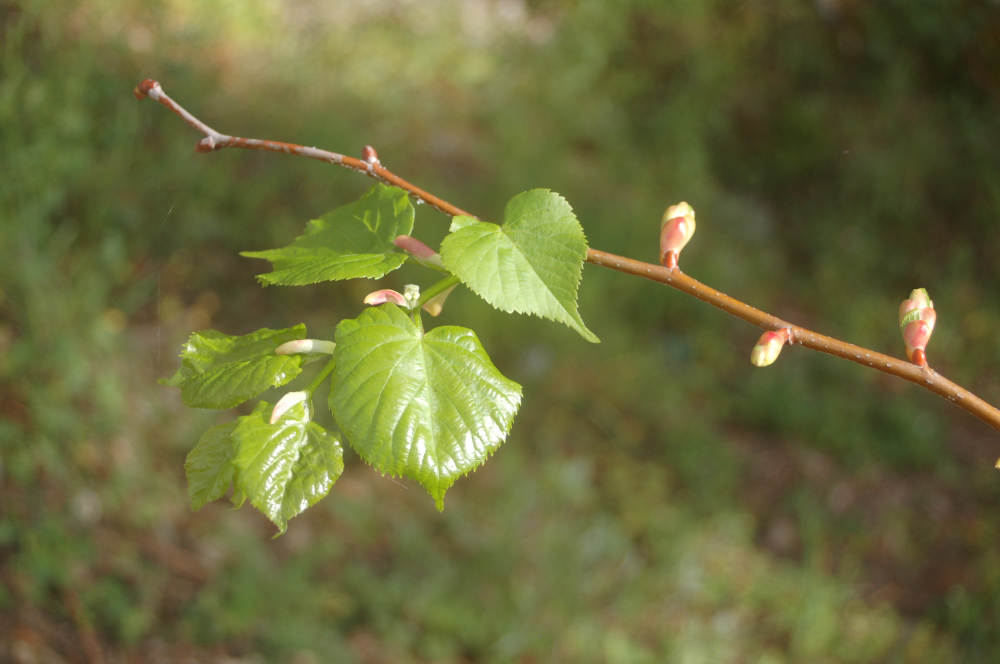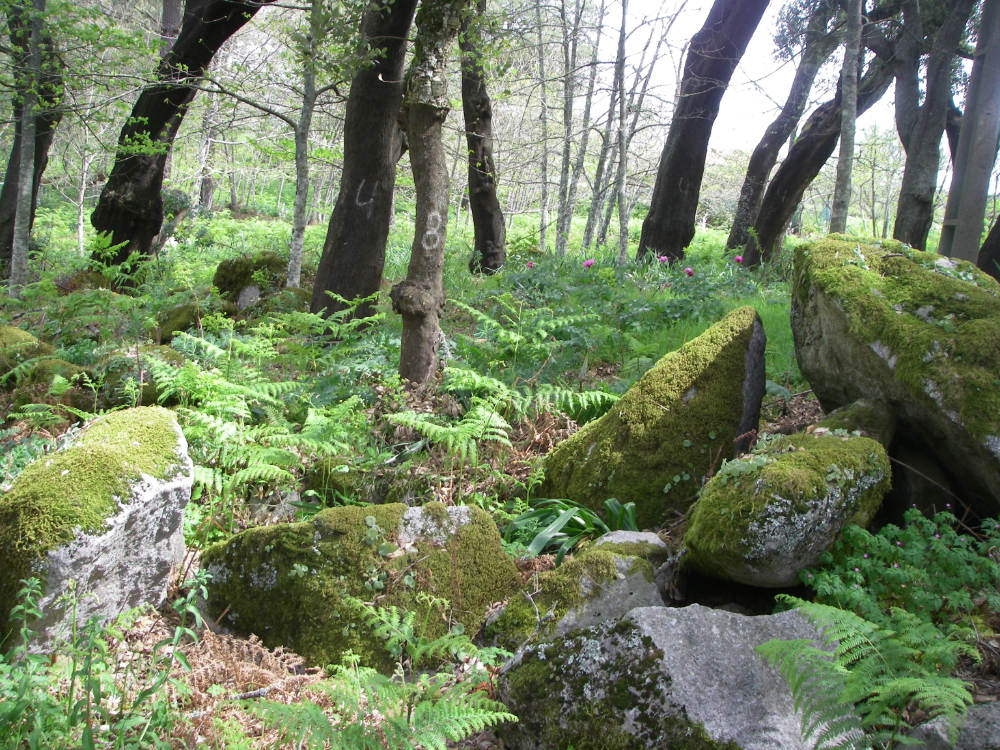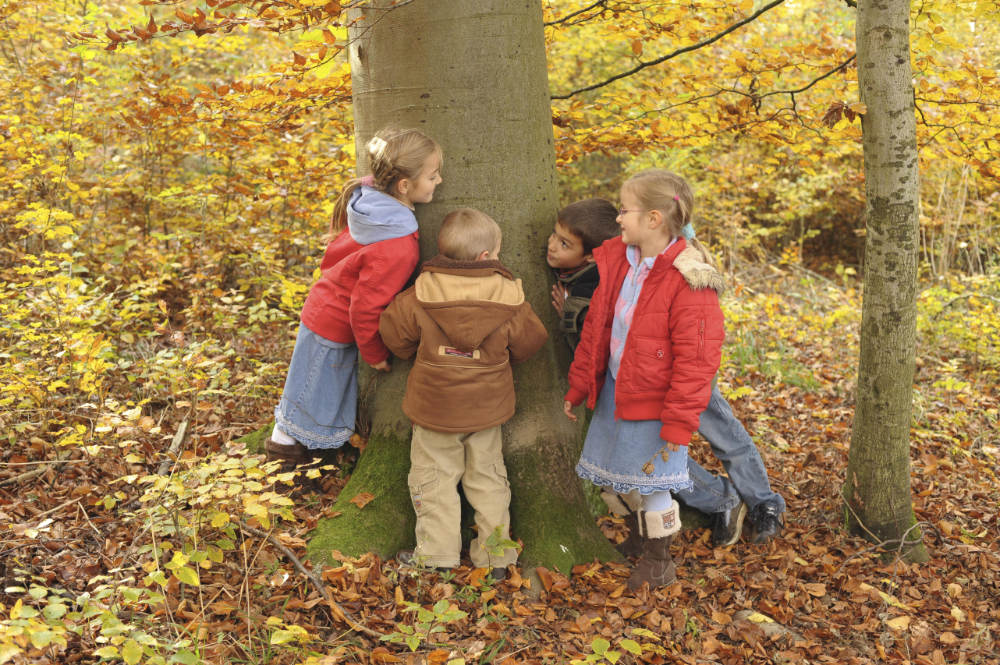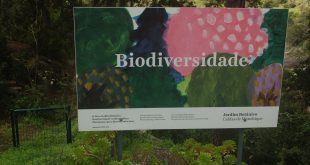Saturday the 24th of April 2021
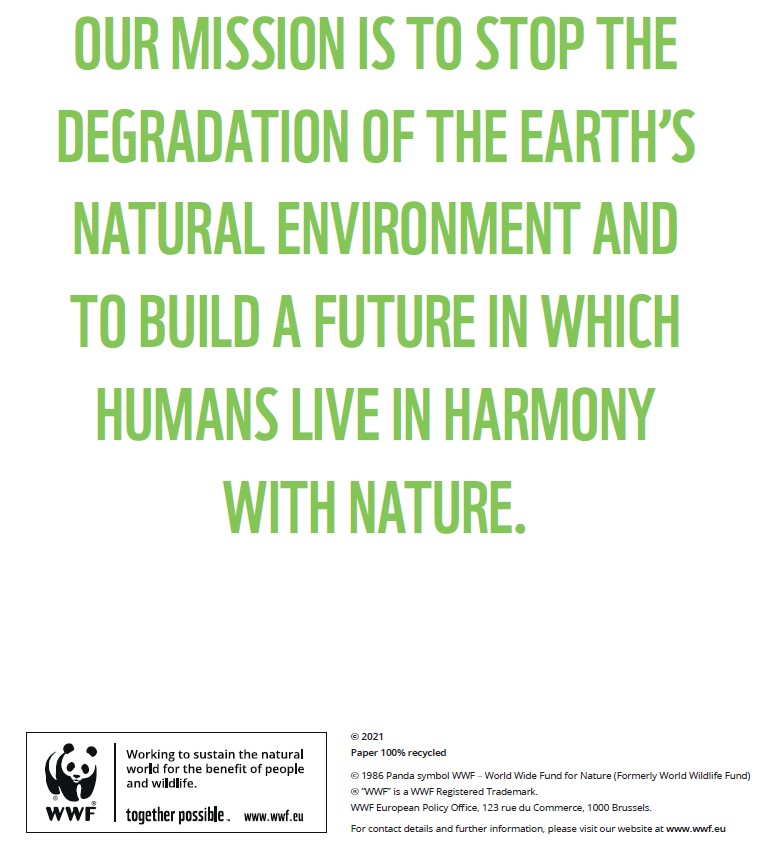 So here’s the bad news. The EU counts among the major drivers of forest destruction. This is shown in a report just published by the World Wildlife Fund (WWF) looking at the consequences of international trade on deforestation and the destruction of natural habitats between 2005 and 2017. This means that 16 per cent of global tropic forest logging in connection with international trade are down to the EU. This places the EU at number two in the „World Ranking of Forest Destroyers“, behind China (24 per cent) and ahead of India (9 per cent) and the US (7 per cent). The WWF is asking the EU commission to take responsibility and to use the report as an incentive to ensure better and binding environmental and social standards in international trade relations. As a first step the WWF is asking the EU-commission to adopt strong EU legislation for deforestation-free supply chains. This legislation will have to prevent the conversion of more intact nature such as forests, savannahs and wetlands into arable land to feed our consumption.
So here’s the bad news. The EU counts among the major drivers of forest destruction. This is shown in a report just published by the World Wildlife Fund (WWF) looking at the consequences of international trade on deforestation and the destruction of natural habitats between 2005 and 2017. This means that 16 per cent of global tropic forest logging in connection with international trade are down to the EU. This places the EU at number two in the „World Ranking of Forest Destroyers“, behind China (24 per cent) and ahead of India (9 per cent) and the US (7 per cent). The WWF is asking the EU commission to take responsibility and to use the report as an incentive to ensure better and binding environmental and social standards in international trade relations. As a first step the WWF is asking the EU-commission to adopt strong EU legislation for deforestation-free supply chains. This legislation will have to prevent the conversion of more intact nature such as forests, savannahs and wetlands into arable land to feed our consumption.
Within the period covered by the report, most tropical forest was destroyed by the imports of soy, palm oil and beef, followed by wood derivatives, cocoa and coffee. In Brazil, Indonesia and Paraguay, EU consumption decimated the most forest area. In 2017, through this imported deforestation as it were the EU was the indirect cause of 116 million tons of CO2 emissions. This represents over a quarter of EU emissions from the agricultural sector in the same year. These indirect emissions are not included in the official statistics on greenhouse gas emissions.
(https://www.wwf.eu/what_we_do/forests/?uNewsID=2831941)
Now for the good news. The planting of trees, in the words of researchers working on the consequences of climate change at the Potsdam Institute for Climate Impact Research this week in the scientific magazine Nature, a success story within the climate crisis debate is the planting of trees. Trees compensate and reduce our emissions resulting from the use of fossil fuels. They transform CO2 into oxygen. And just so there’s no misunderstanding, what is meant here is the planting of a large variety of tree species, mixed forests containing everything available in terms of types of tree, to avoid entering the dead end of industrial monocultures. Generally speaking, what is meant here are trees that are not once again subjected to the economic profit they can provide, but rather trees with long-term benefits for the climate, flora and fauna. Trees like that also benefit humankind.
(https://www.nature.com/articles/s41467-021-22211-2)
This piece of news could end here. However,…
… ECO123 is actively committed to reducing CO2. Readers who have known and subscribed to ECO123 for a while now know that we are reforesting a plot of mountain forest near Monchique that burnt in 2018, to create a Botanic Forest Garden, planting over 1,001 types of trees and shrubs.
It is industry, it’s humankind that are producing CO2 at a massive scale, and over the coming years they will be asked to pay for this. The emission of CO2 will be priced, and this price will rise continuously, until its products (such as petrol, coal, gas, etc.) will become so expensive that it will be worthwhile producing, for example, CO2-free electricity and to live free from CO2. Thus, planting trees becomes also a political issue. Environmental policy has to be given absolute priority over unregulated industrial policy. 2030 is the all-decisive year. The EU has pledged to emit 55% less CO2 by this date (compared to 1990). The industry will learn and understand that it has to follow the laws of nature, of ecology, instead of the other way round. For only then will it have a future. The economy must no longer be simply allowed to pull resources out of the soil and exploit the seas to turn them into a product, leaking the resulting waste into bodies of water, the soil and the atmosphere. The economy needs regulation, needs a new legal definition of property. Citizens and taxpayers need new basic rights to be included in the constitution, preferably at European level while we’re at it. The fundamental right to an intact nature and healthy living conditions, for instance. An initiative called “wemove” plays a large part in this movement and has submitted a proposal for a new constitution, including, amongst others, the following points:
 Article 1 – Environment. Every person enjoys the right to live in a healthy and protected environment (https://you.wemove.eu/campaigns/for-new-fundamental-rights-in-europe). Trees may not be planted to simply cut them down after a few years of growth to turn them into paper, furniture, building materials, or firewood for cooking and heating.
Article 1 – Environment. Every person enjoys the right to live in a healthy and protected environment (https://you.wemove.eu/campaigns/for-new-fundamental-rights-in-europe). Trees may not be planted to simply cut them down after a few years of growth to turn them into paper, furniture, building materials, or firewood for cooking and heating.
Now, everyone can join, starting today, the journey towards a climate-neutral life in the near future. To plant trees correctly is a skill many people have to relearn. To plant trees mindfully requires a large-scale learning process for the 21st century. Children in school are not (yet) learning how to plant trees, nor are people in the cities. So why is this not (yet) happening? What is stopping this from happening? How about bridging the borders between academic subjects, teaching biology together with chemistry, maths, philosophy and physics, etc. – in a single subject, NATURE: this is something we could all learn – children as well as adults, and also how to identify the best places for a tree or plant species. Where do we start planting trees? Where and how? We need informed knowledge. Not every tree can be planted wherever and at any time of the year. Add to this that any tree after being planted requires years of care. Which is why ECO123 has established a tree sponsorship programme. In the Botanic Forest Garden anyone who is interested can learn everything about trees, flora and fauna. To plant a tree requires an emotional knowhow alongside a purely rational one.
In water-rich regions for instance we plant ash trees, alders, or willows, while in water-poor climatic zones we plant carob, umbrella pines and cedars. This makes six types of trees already. It’s a start at least, which we can build on over the years, adding knowledge. Those with an interest in forests may identify 1,000 species of trees tomorrow, and will know exactly where a tree is likely to take well, where a tree belongs. There are many different micro-climate zones, sometimes situated only a few yards apart from each other. In the cooler areas, facing away from the sun, sponsors (volunteers) plant elms, oaks and beech trees for example. These tend to need nutrient-rich soils. The pH value is important too, as are the nearby mushrooms, as they transport the water-soluble nutrients to the roots. In nutrient-poor soils and with high levels of drought we plant beach she-oak, pine and cypress, not however linden trees, chestnut or birch. The science of planting trees transcends academic subjects. Schools are invited to come here and put their projects into practice. They’ll have to look into nutrients, soils, water quality and quantity, as well as into the four elements of our earth. Not forgetting a fifth element, that we can’t really group with a single scientific discipline: love and feeling, and the realisation that we have to view trees as our best friends who save our lives, with every breath we take, and provide shade into the bargain.
The profession of forest warden has died out in Portugal. The job title simply no longer exists. The Job Centres (IEFP) don’t feature a single professional placement for forest wardens. With the climate becoming more imbalanced each year it’s left to us to face these deficits. Some tree species don’t respond well to the changes in climate. The south of Portugal is generally known to be hot and dry. Yet wetlands do exist within it. Cherry trees grow on the northern slopes of its low mountain ranges, while on the southern side, alongside brooks you may find bananas, guavas even and other tropical fruit.
The changes in our climate pose existential dangers for many species of trees and animals. With every forest fire, millions of trees and animals burn to death. Species extinction is not limited to local forest fires. As for the trees, baby acacias and eucalyptus shoot unbidden out of the ground, displacing many other kinds of trees. Which is why since the 2018 forest fire, each year ECO123 has pulled out thousands of invasive acacia saplings out of the nutrient-rich soil near the brook on the one hand, while on the other hand our volunteers have started a tree nursery to revive oaks, chestnuts, umbrella pines and many other native tree species. ECO123 also engages in exchanging trees, to foster diversity. The invention of a small natural shade provider for recently planted trees consists of natural materials only: cork and several reed sticks. Young trees are very sensitive, the closer we get to summer, and the longer summers last. More heat, longer dry periods, chaotic rainfall patterns. In the first few years after planting a tree, every hour of more intensive sun increases the danger of the tree dying off from one day to the next, simply drying out.
Even with 50-year old cork oaks experience has shown that with south-easterly, warm and dry sahara winds (less than 30% humidity, over 30 km/h wind speed, a temperature exceeding 30 degrees °C) a single day and a single night are already enough to destroy a tree. Attempts have been made, using many thousands of litres of water, to revive cork oaks that for all intents and purposes had died. The goal is to establish large cisterns to be able to use the rainwater collected in winter for the irrigation of a new forest of tree saplings in the summer.
Three years ago ECO123 started setting up a Botanic Forest Garden. It’s challenging work, having to factor in changed climatic conditions. It’s getting hotter and drier, yet every planting has to take into account possible inundations too. The first initiative after the forest fire consisted in carving out terraces to allow rain water to enter the ground. Up to a short while ago we were able to use the water from a brook all year round, to irrigate the young saplings even in summer. Now the brook dries up in high summer. ECO123 is preparing to instal an irrigation system consisting of underground galvanised iron tubes, and to install sprinklers at strategic points which would survive at least one more forest fire. For in 2003 und 2018 we saw that PVC tubes turn into charred toxic waste, mixing in with the soil.
Every Saturday from 10am to 1pm friends of the woodlands meet on the forest plot in Esgravatadouro, Cooperativa do Ambiente CRL. near Monchique to get to know the forest better and to help plant a mixed forest. We look forward to registrations by email, through www.eco123.info. If you are interested in sponsoring a tree or even plant it yourself, consider sponsoring a tree or even becoming a member of our cooperative. Every planted tree reduces your ecological footprint by ten kg of CO2 in the first year, by 15 kg of CO2 in the second, and in its third year by 22.5 kg of CO2, and so on.
 Eco123 Revista da Economia e Ecologia
Eco123 Revista da Economia e Ecologia

